Understanding AI Agents: A Comprehensive Guide
Artificial Intelligence (AI) agents are revolutionizing the way we live and work, transforming industries from healthcare to transportation. In this article, we'll delve into the world of AI agents, exploring what they are, their key features, how they work, and their applications.
Introduction to AI Agents
The host of the video welcomes viewers and introduces the topic of AI agents, stating that these agents are "incredible systems that are quietly revolutionizing everything from healthcare to transportation." 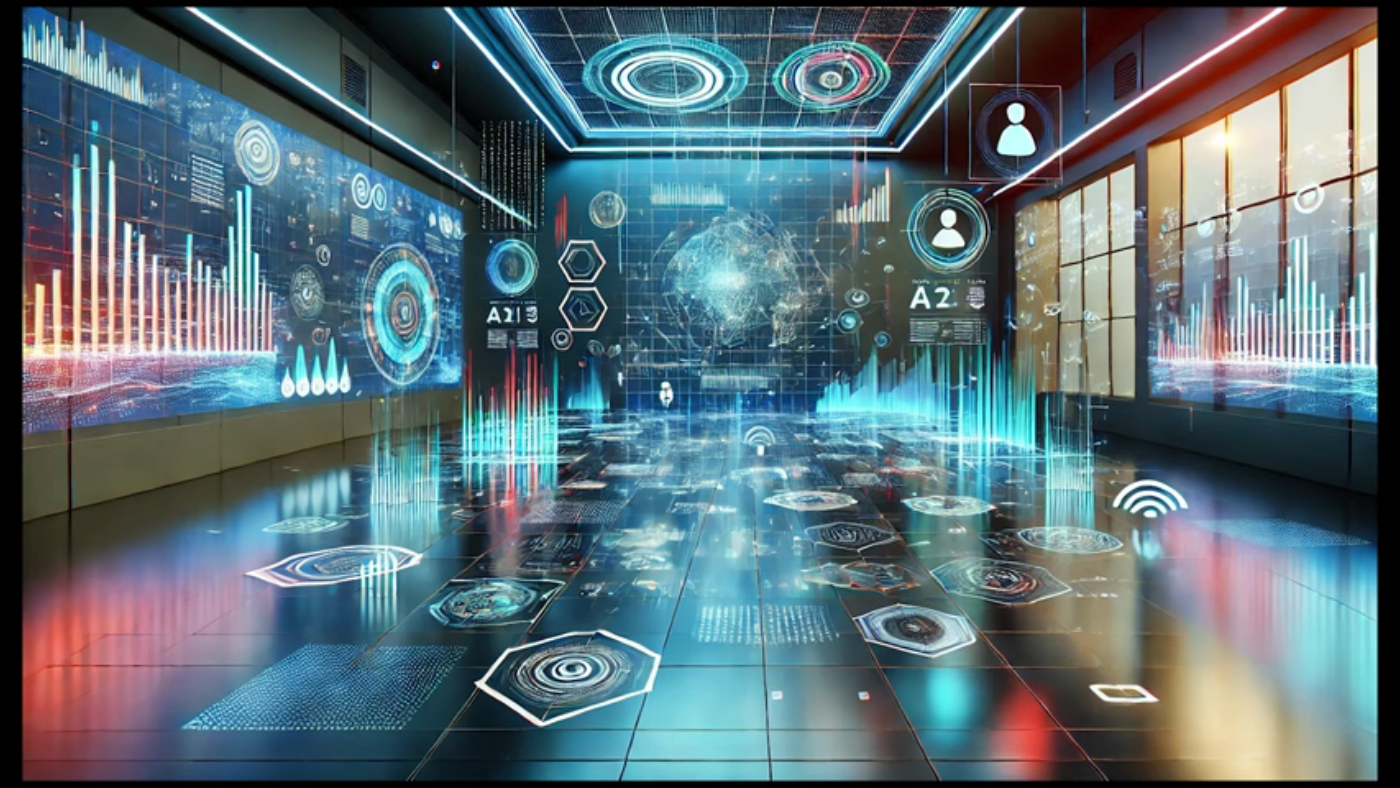 Introduction to AI Agents
Introduction to AI Agents
What are AI Agents?
An AI agent is a program designed to perform tasks autonomously, without human micromanagement. These agents perceive their environment, process information, and make decisions to achieve specific goals. They can even learn and adapt over time, becoming smarter with every interaction. 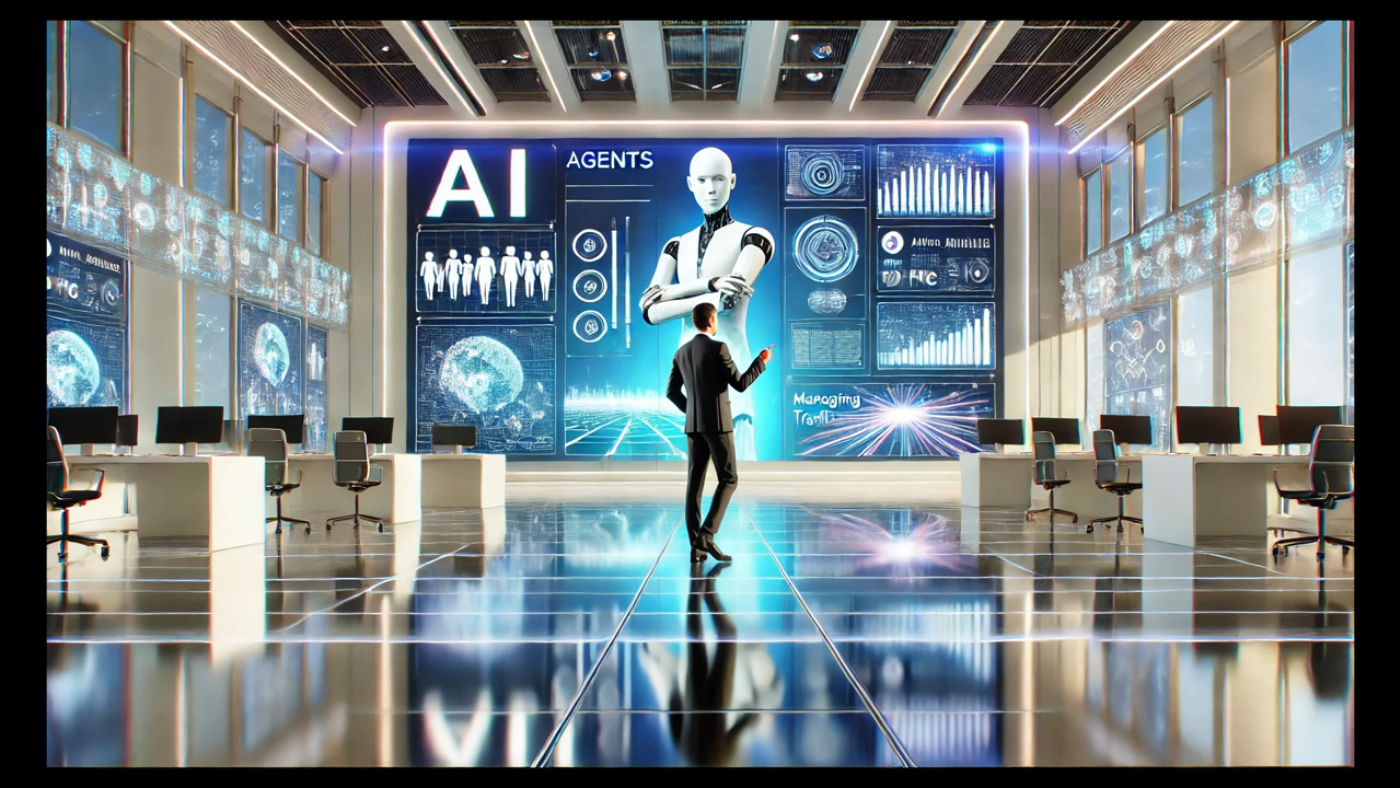 What are AI Agents?
What are AI Agents?
Key Features of AI Agents
AI agents stand out because they're more than just automated scripts. They're intelligent systems with some amazing features, including:
- Autonomy: They can work independently, whether it's sorting emails or managing a fleet of delivery trucks.
- Decision-Making: AI agents use advanced algorithms to evaluate options and choose the best course of action.
- Learning Capabilities: With machine learning, they analyze data and improve performance over time.
- Interactivity: They can chat with users, interact with other systems, and even collaborate with other AI agents.
- Tool Utilization: From APIs to external software, AI agents integrate seamlessly to get the job done.
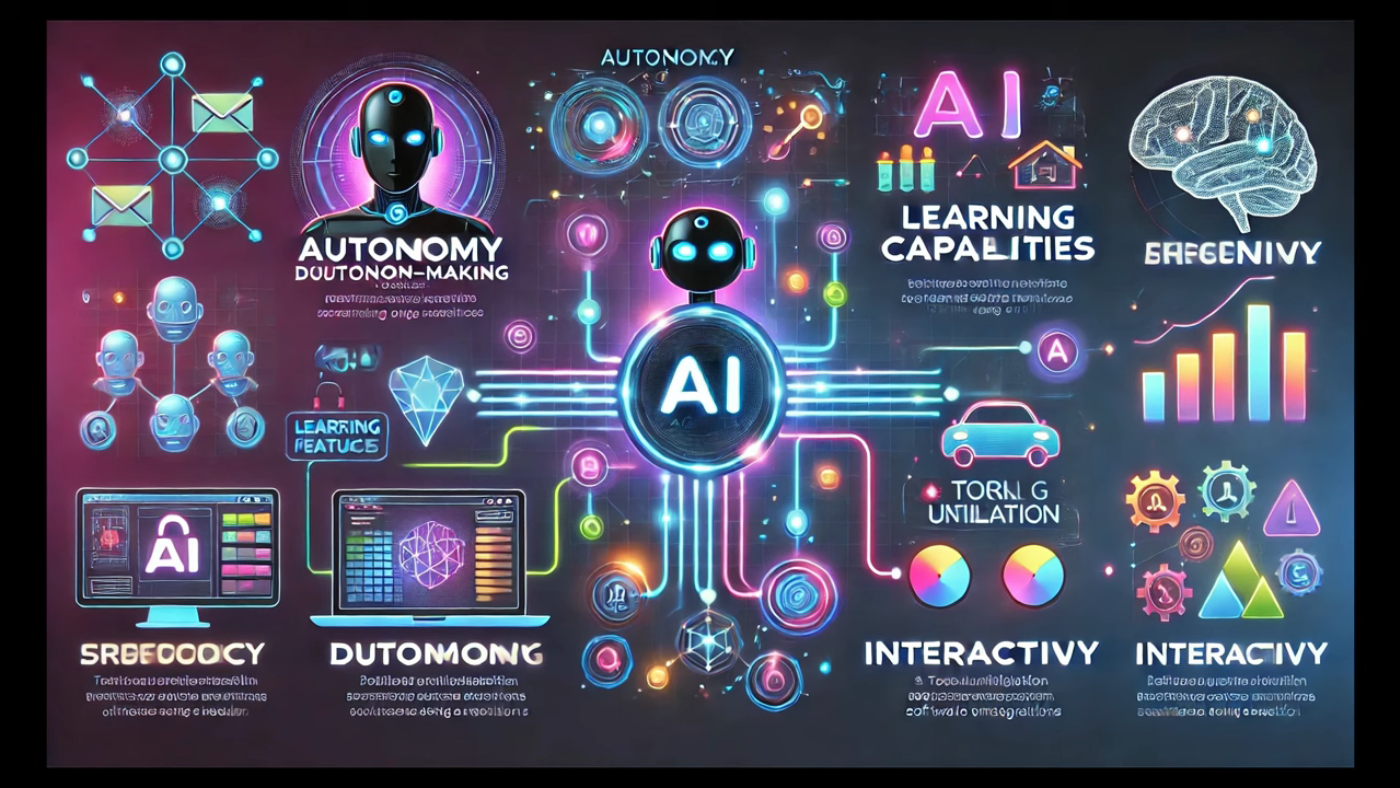 Key Features of AI Agents
Key Features of AI Agents
How Do AI Agents Work?
Imagine AI agents as having a digital nervous system made up of core components, including:
- Perception Module: This is how they gather data, whether through sensors, cameras, or APIs.
- Data Processing: Once the data is collected, it's analyzed to extract insights.
- Decision-Making: Based on the processed data, the agent chooses the best action.
- Actuator: This is where action happens, executing tasks like sending an email or adjusting a thermostat.
- Memory: Advanced agents can store past interactions to improve their future decisions.
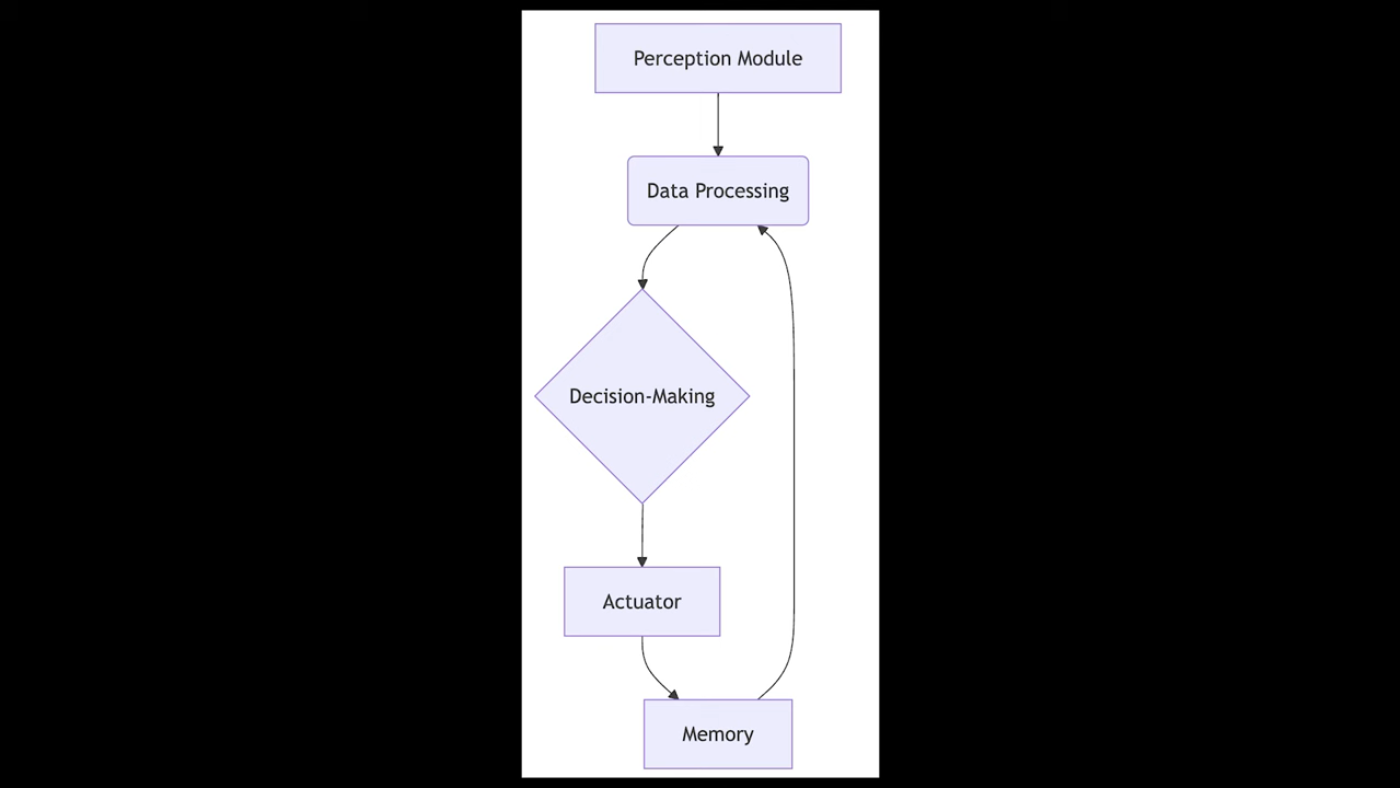 How Do AI Agents Work?
How Do AI Agents Work?
Applications of AI Agents
AI agents are already transforming the way we live and work. Some of their most exciting applications include:
- Healthcare: AI agents assist in diagnosing diseases, personalizing treatments, and even aiding in surgeries.
- Finance: They're the guardians of secure transactions, spotting fraud, and even helping make smarter financial decisions.
- Transportation: From optimizing delivery routes to powering self-driving cars, AI agents are keeping us moving efficiently and safely.
- Enterprise Automation: Tasks like booking travel or managing IT workflows are handled by AI agents, boosting productivity by automating routine jobs.
- Research: Whether it's modeling climate changes or simulating robotics, these agents are essential for handling complex data.
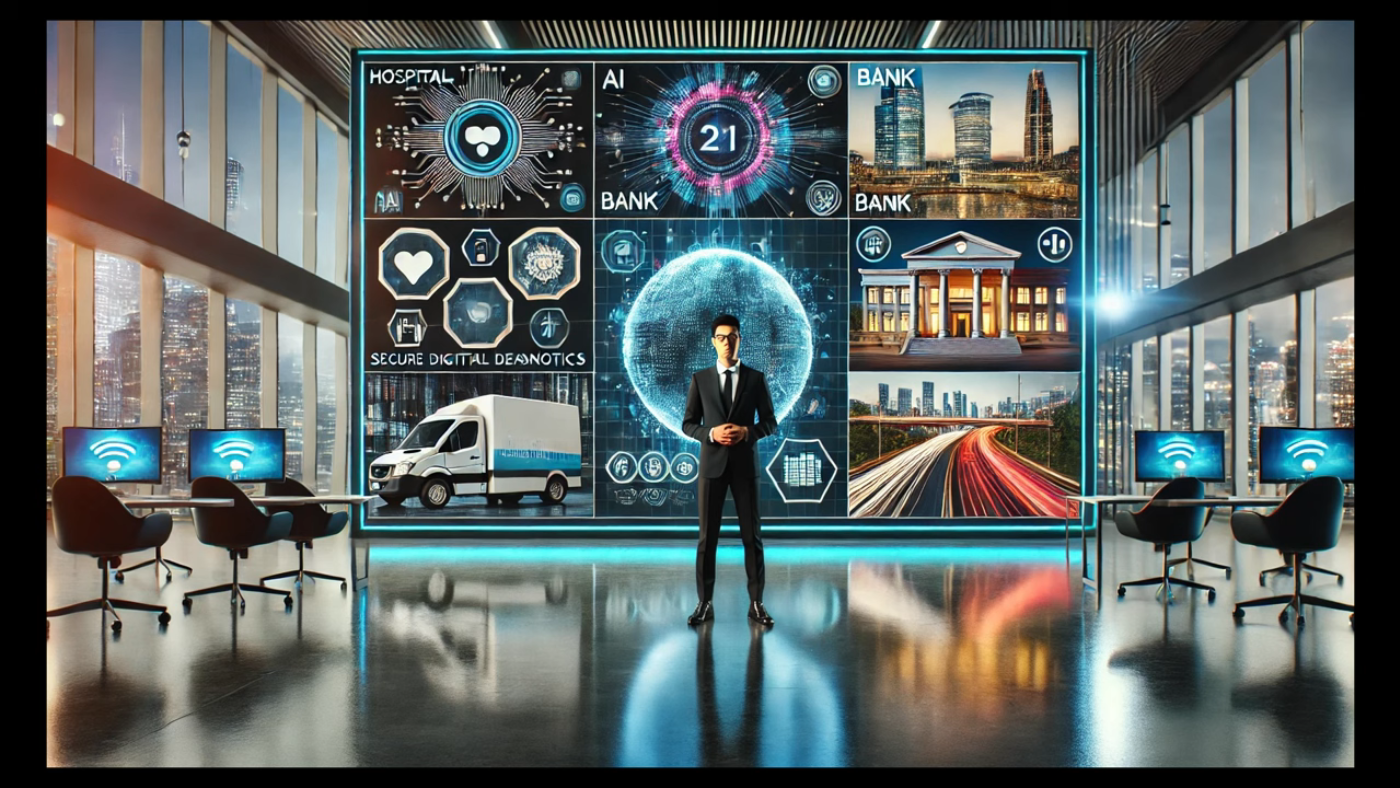 Applications of AI Agents
Applications of AI Agents
Future of AI Agents
The future of AI agents is full of possibilities. Some trends to keep an eye on include:
- Agentic AI: Fully autonomous agents capable of handling complex enterprise tasks without human guidance.
- Multi-Agent Frameworks: Multiple agents collaborating to solve problems more efficiently.
- AI Agent Builders: Platforms like LangChain make creating your own AI agent easier than ever before.
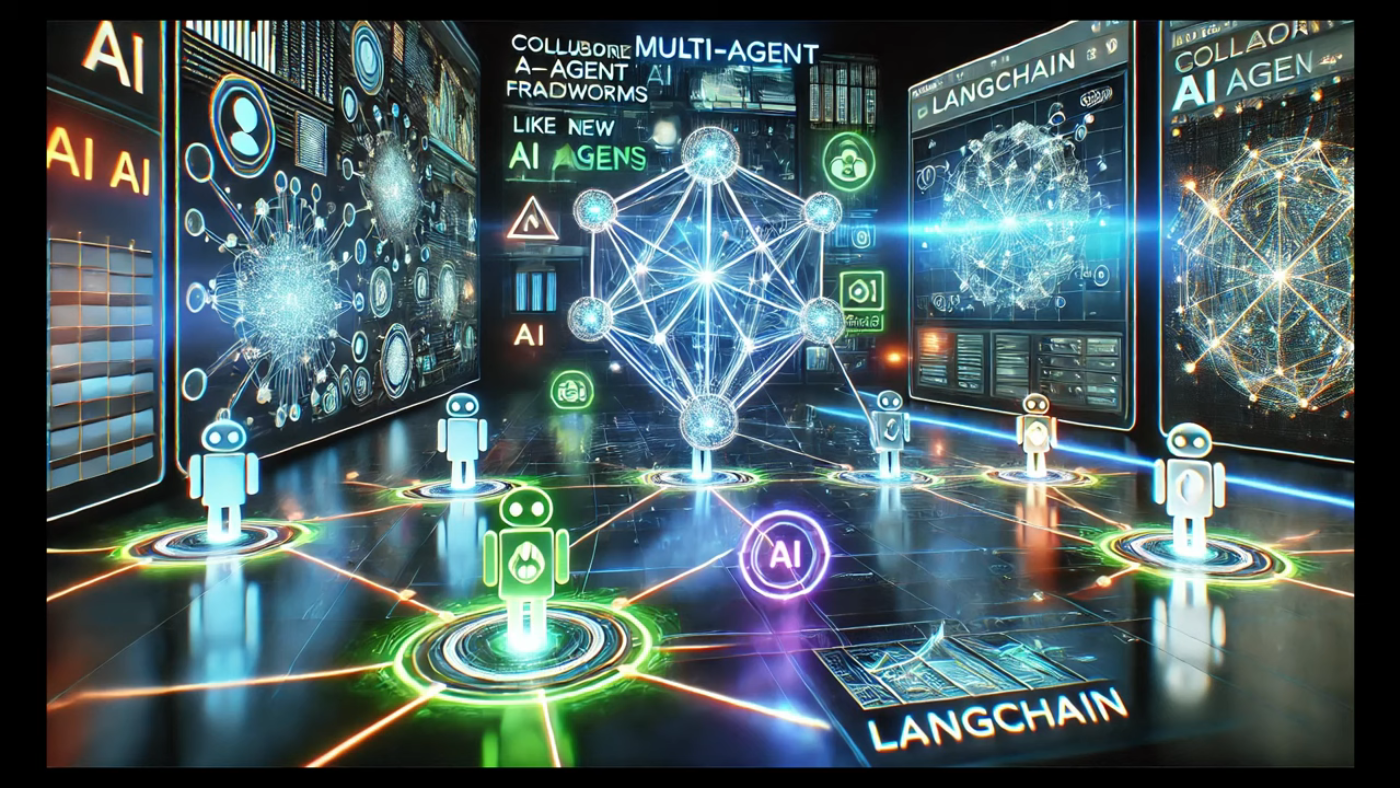 Future of AI Agents
Future of AI Agents
Challenges and Limitations
Of course, AI agents aren't without their challenges. Issues like governance, data quality, and trustworthiness need to be addressed. Additionally, employees might worry about job displacement. However, with the right safeguards, we can ensure these systems benefit everyone. 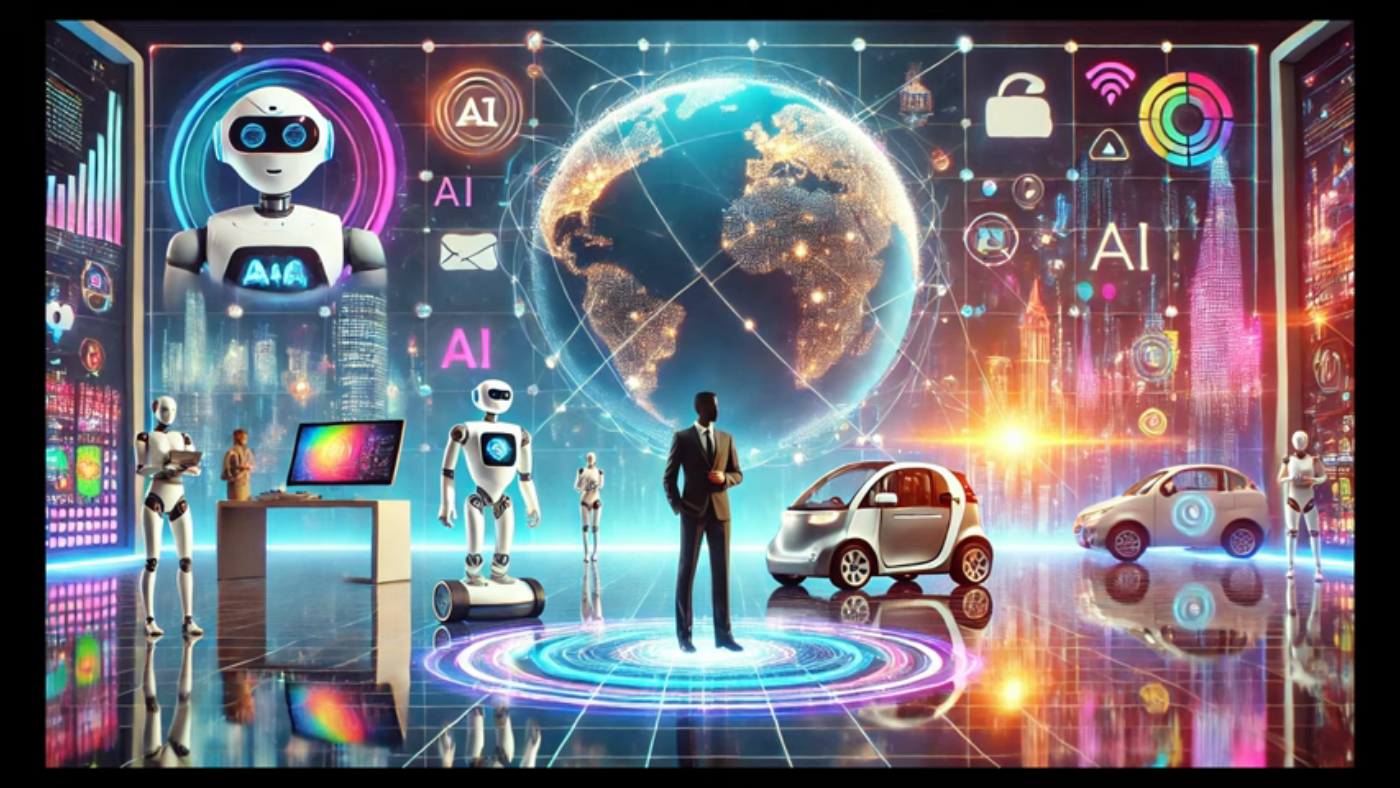 Challenges and Limitations
Challenges and Limitations
In conclusion, AI agents are powerful tools that are revolutionizing various industries. Their ability to learn, adapt, and interact with their environment makes them an essential part of our future. As we continue to develop and improve AI agents, it's crucial to address the challenges and limitations associated with them, ensuring that these systems benefit everyone.
